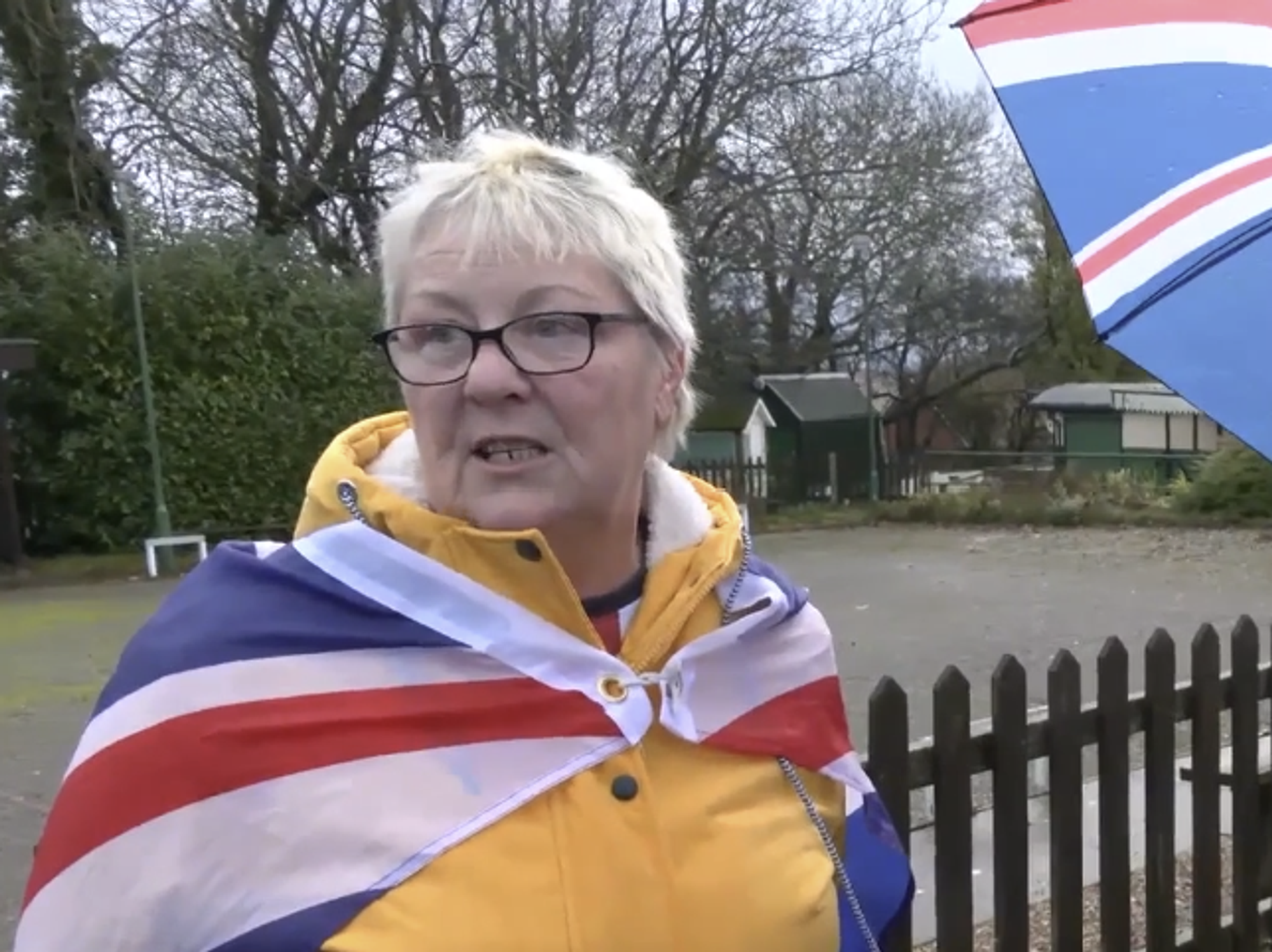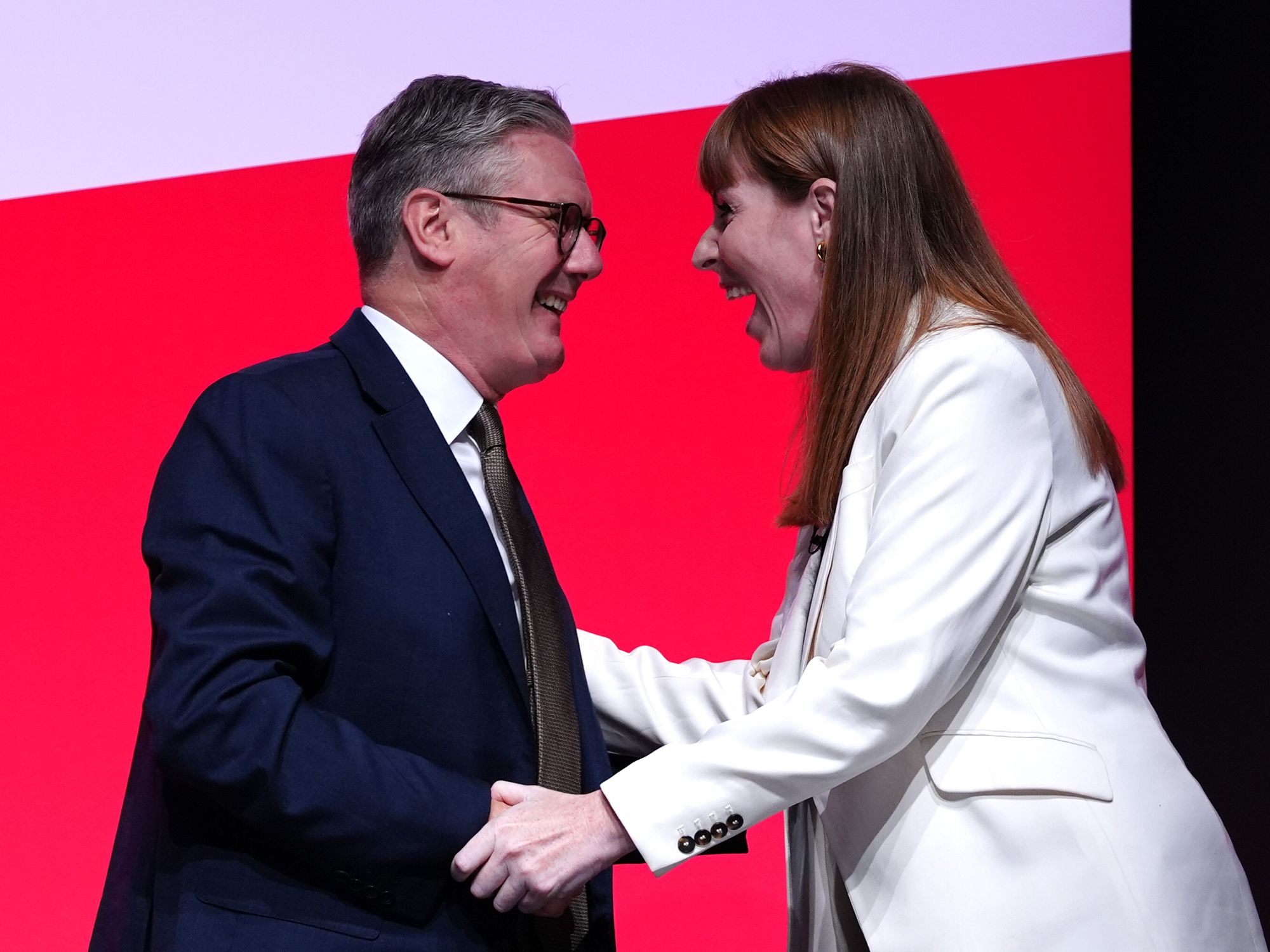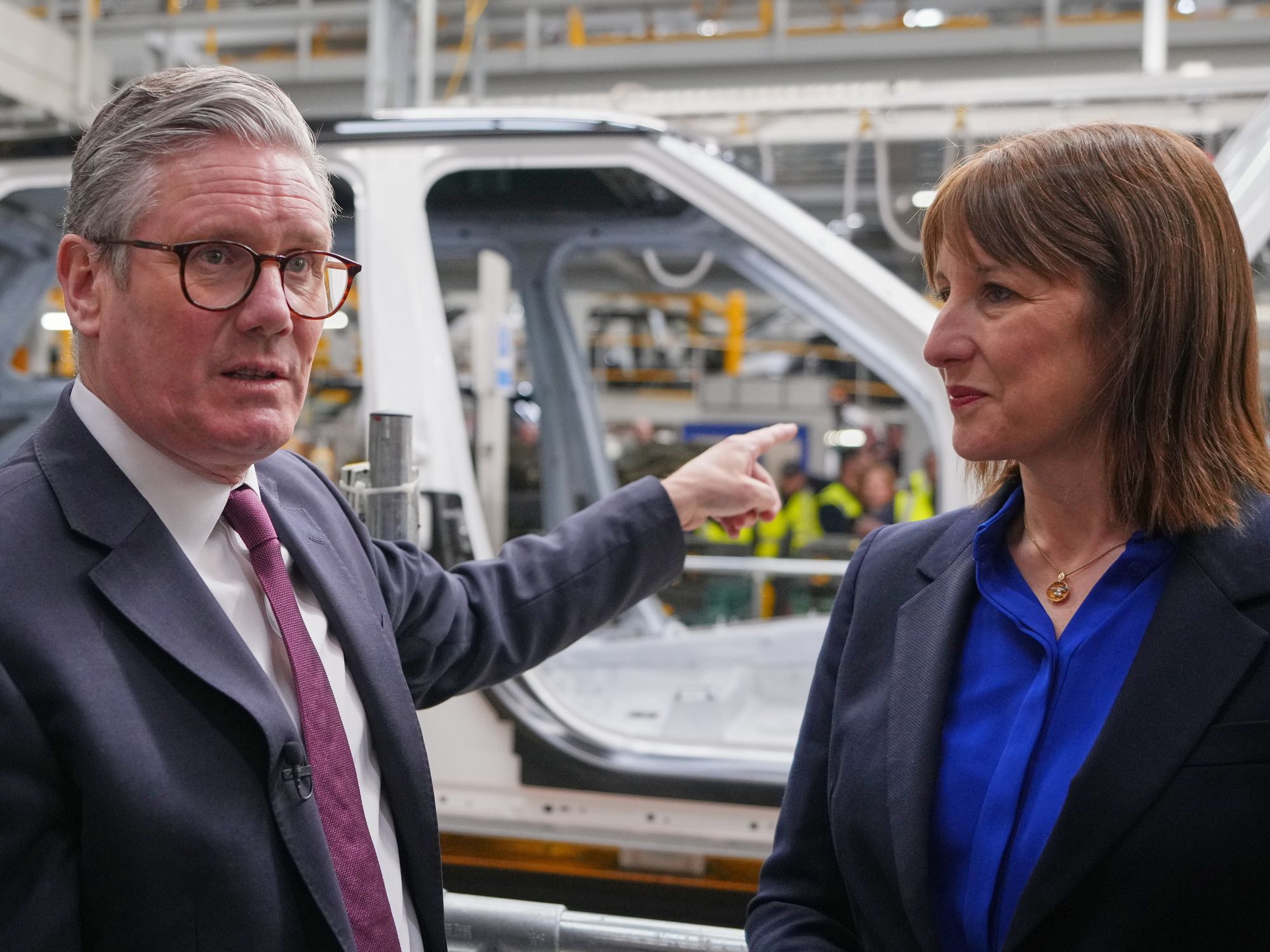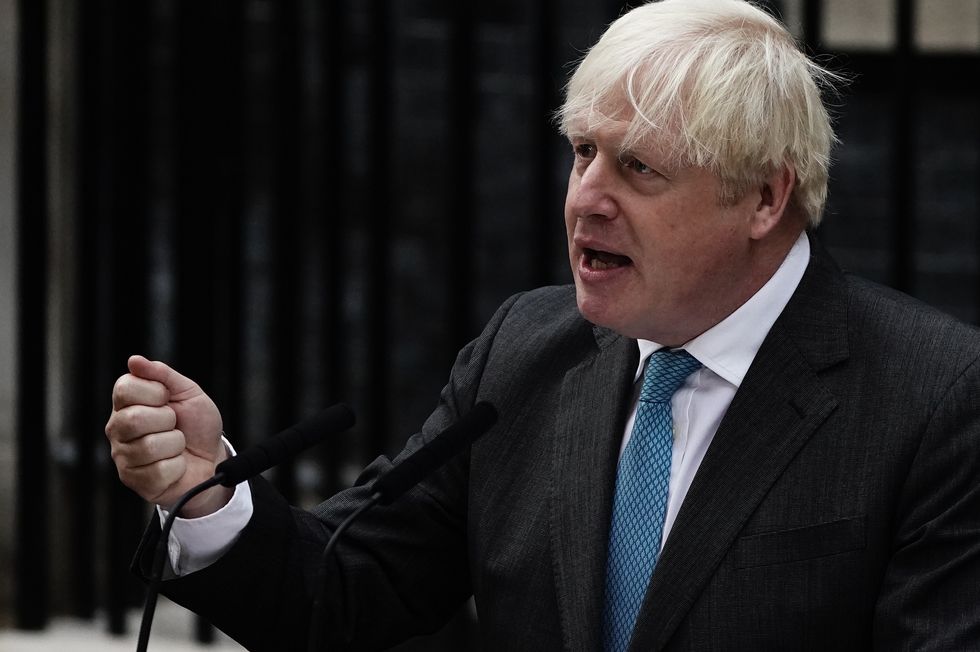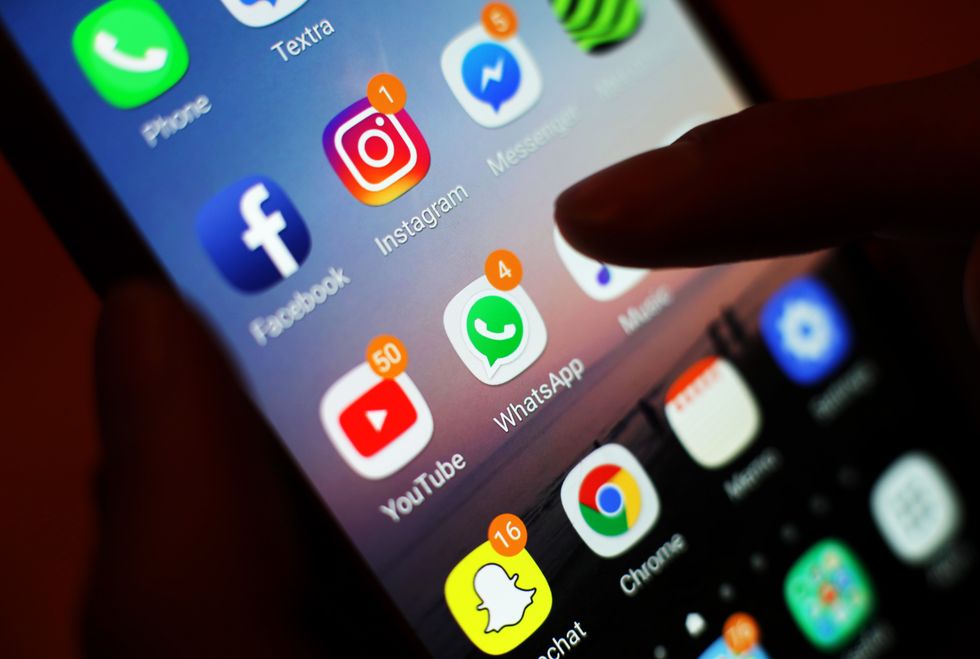Covid inquiry asks to see Boris Johnson's WhatsApp messages during time as PM
Counsel for the inquiry, Hugo Keith KC, said thousands of documents had been requested to inform the inquiry, and gave the Cabinet Office as an example
Don't Miss
Most Read
The coronavirus public inquiry has asked to see Boris Johnson’s WhatsApp messages when he was Prime Minister, alongside communications with other senior officials.
Counsel for the inquiry, Hugo Keith KC, said thousands of documents had been requested to inform the inquiry, and gave the Cabinet Office as an example.
“We have sought agendas, minutes and other documents associated with the core decision-making forum such as Cabinet meetings, Cobra meetings and ministerial implementation groups,” he said.
“We’ve asked for ministerial submissions, Number 10 daily briefing documents, records of written and oral advice to ministers and details of internal communications including a WhatsApp group, which included the Prime Minister, Number 10 and other senior officials.”
Boris Johnson
Aaron Chown
The inquiry has requested evidence for the second module from the Cabinet Office, Foreign Commonwealth and Development office, the Department of Health and Social Care, the Office of the Chief Medical Officer, the Government Office of Science, the Scientific Advisory Group for Emergencies (Sage), Independence Sage, the Home Office, Treasury, Departments for Education, Transport, Levelling Up, Work and Pensions, Business, Energy and Industrial Strategy, the UK Health Security Agency and NHS England.
Initial responses from Government departments indicated tens of millions of documents could potentially be relevant to the overall theme of module two, with reviews of documents in the Cabinet Office alone estimated as likely to take over three years.
Hugo Keith KC, counsel for the inquiry, said the inquiry is instead taking a “targeted approach”, seeking documents relevant to the key narrative events and decisions covered by the second module.
Earlier, as he opened the second stage of the statutory inquiry, Mr Keith said the hearings would examine whether lives could have been saved by earlier lockdowns.
In his opening address, Mr Keith said the crisis placed “extraordinary levels of strain” on the UK’s health, care, financial and educational systems and businesses, on top of individual bereavements.
He said its impact will be felt for “decades to come”, adding: “The pandemic has led to financial and economic turmoil.
“It has disrupted economies and education systems, and put unprecedented pressure on national health systems. Jobs and businesses have been destroyed and livelihoods taken away.
The coronavirus public inquiry has asked to see Boris Johnson’s WhatsApp messages
Yui Mok
“The disease has caused widespread and long-term physical and mental illness, grief and untold misery.
“Its impact will be felt worldwide, including in the United Kingdom, for decades to come.”
Module two will scrutinise political decisions and actions in relation to the pandemic, covering a period between early January 2020 until February 2022, when the remaining Covid-19 restrictions were lifted.
Inquiry chairwoman Baroness Heather Hallett will examine the effectiveness of mandatory lockdowns in controlling the spread of coronavirus, the inquiry was told.
This will include “the relationship between the timeliness and the length of the lockdown, and the trajectory of the disease”, Mr Keith said.
He continued: “How were economic and societal impacts, including the impact on physical health, healthcare provision, mental health, education and societal wellbeing, assessed and weighed in the balance?
“And perhaps, my lady, the single most important question: is it possible to say what the likely effects of earlier or different decisions to intervene would have been? The counterfactual proposition.
“Bluntly, would lives have been saved if the lockdowns had been imposed earlier or differently?”
Mr Keith said questions would be asked about the role of Sage, including whether any lessons may be learned from the “structures in place in other countries for the provision of scientific advice to policymakers”.
He added: “Was the system of government medical and scientific advisers effectively utilised? How effective was the decision-making system under which the Prime Minister and other ministers acted on the advice and recommendations of the relevant bodies and advisers? Did the system allow properly for timely political decision-making?”
He said further questions would be asked about whether committees were working with relevant and accurate data.
“How effectively was data distributed through the Government? How reliable was the infectious disease data modelling? Did the data modelling cover the right eventualities? Was there an over-reliance on epidemiological modelling or mathematical modelling? Was there an over-reliance on influenza epidemiology and data modelling?”
Around 200 scientists, including all those involved in the Sage group and others in the Independent Sage group, have been asked to give evidence about the effectiveness of the pandemic response.
The probe also heard that 39 individuals, groups and institutions have been granted core participant status for the second module.
These are individuals, organisations or institutions with a specific interest in the inquiry who can access relevant evidence, make opening and closing statements and suggest lines of questioning to inquiry counsel.
Mr Keith said the pandemic “reached out and affected almost every person” but its impact was not equally felt.
He welcomed the inclusion of bodies representing children, older people, disabled people, domestic abuse victims, those with chronic mental and physical health needs, members of ethnic minority communities and people with long Covid.
They also include bereaved groups, Government departments, unions, NHS England, and Imperial College, where Professor Neil Ferguson, the academic whose data was instrumental to the UK going into lockdown in March 2020, works.
A further preliminary hearing for the module will take place in early 2023, with public hearings starting in the summer. These are scheduled to last for around eight weeks.






